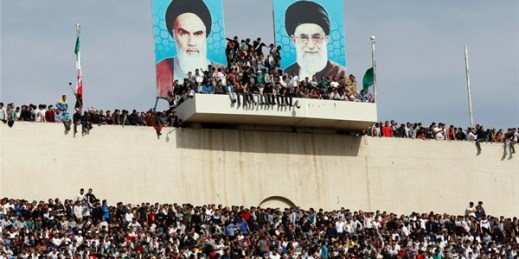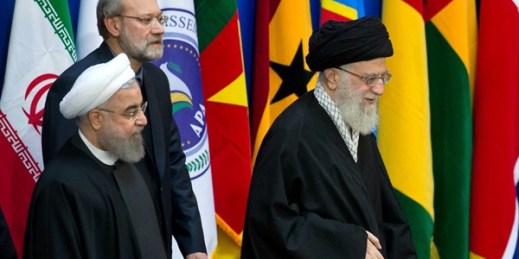
Two events in recent years have dramatically changed the nature of politics in Iran: Hassan Rouhani’s victory in the 2013 Iranian presidential election and the signing of the nuclear agreement between Iran and six world powers in July of 2015. Like United Nations Security Council Resolution 598, which ended the Iran-Iraq War in 1988 and deeply reordered the political regime in Iran, the nuclear deal presaged a new era of Iranian politics. Despite its initial popularity, the deal has gradually become a source of tension across the mainstream ideological spectrum. As a result, the political scene in Iran after the […]

